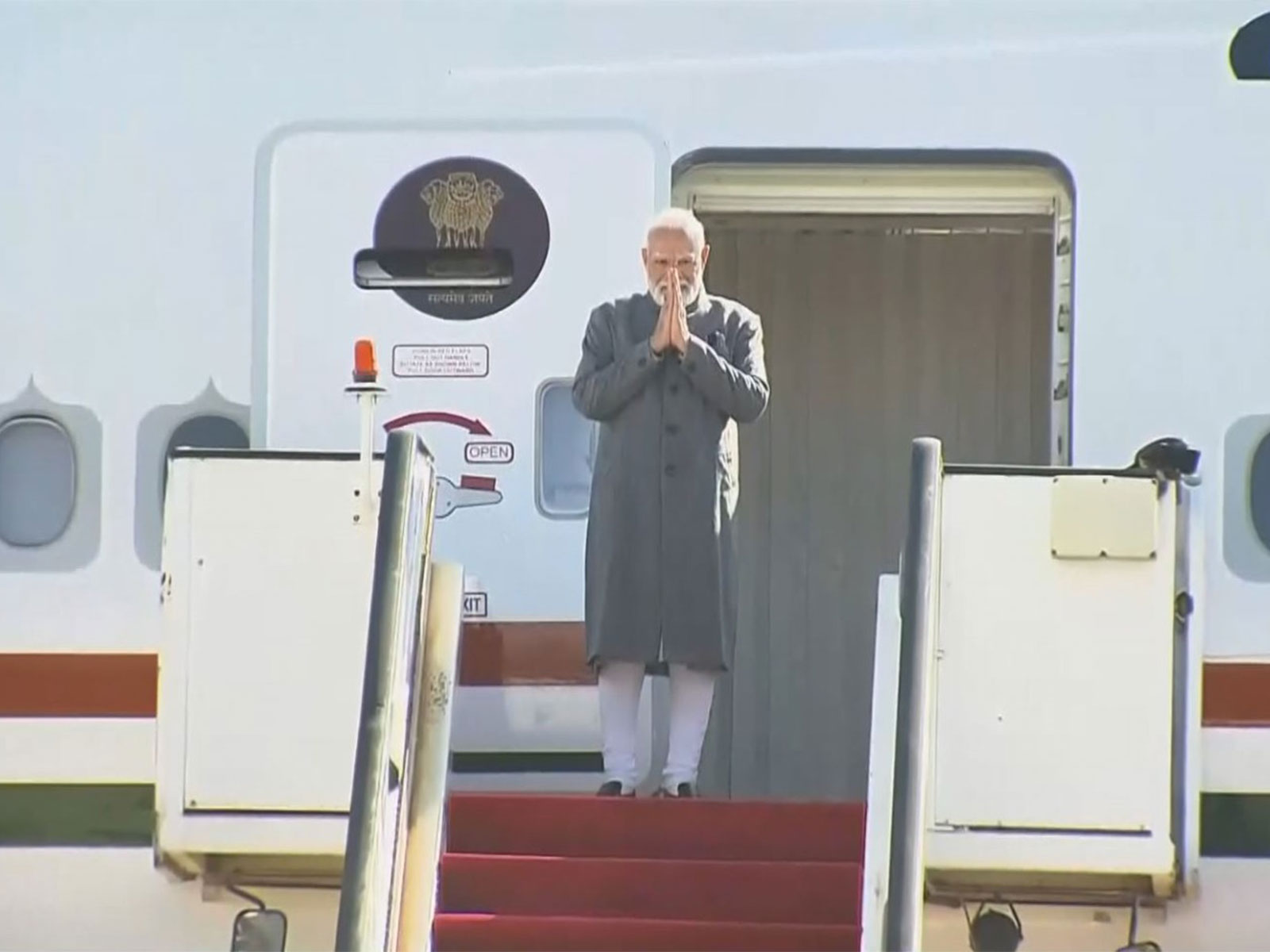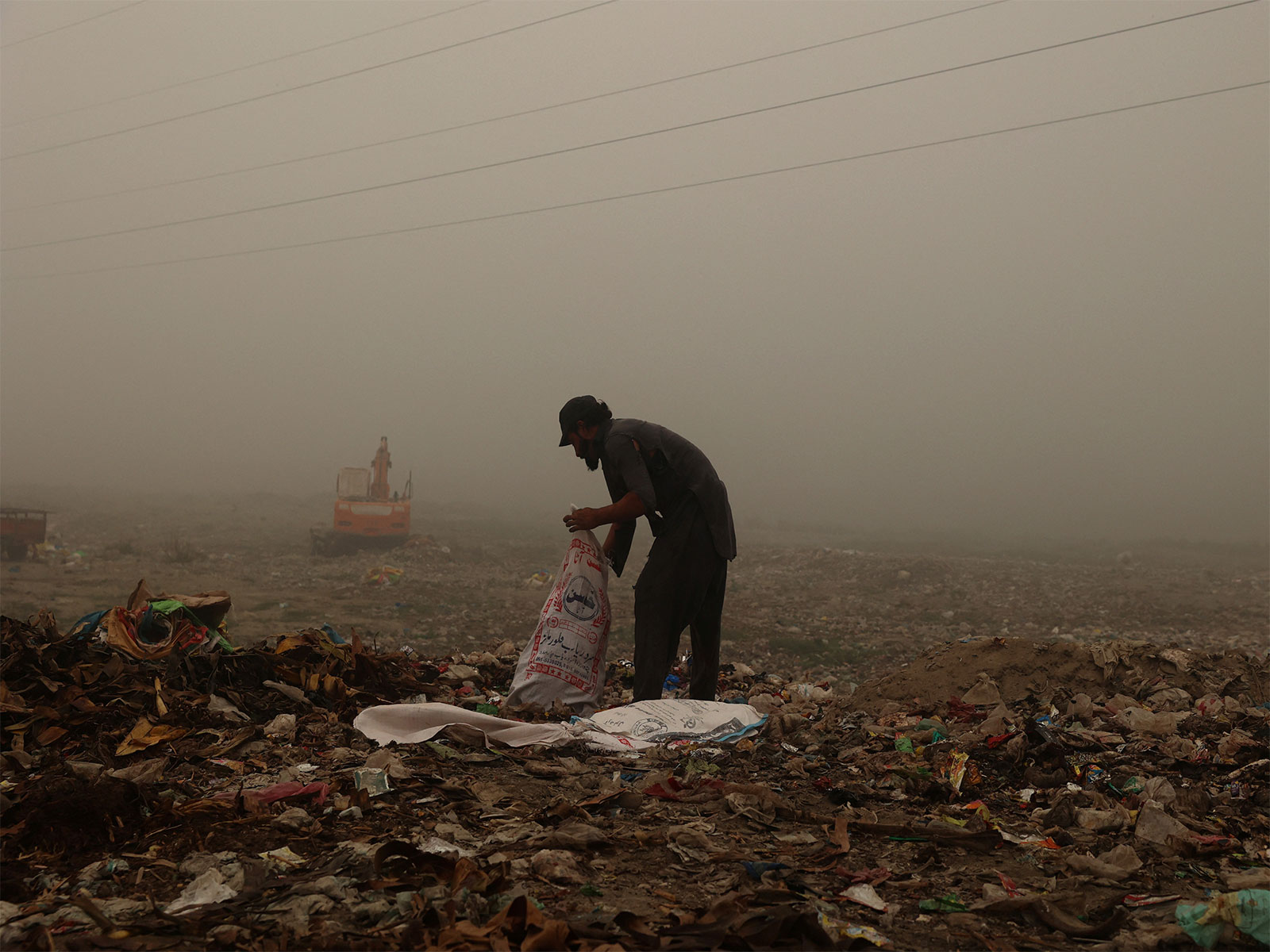Leaked US intelligence documents reveal presence of 4 additional Chinese spy balloons: Report
Apr 15, 2023

Washington [US], April 15 : There were up to four additional Chinese spy balloons that were noted by US intelligence, reported The Washington Post citing a recent trove of leaked classified Pentagon documents.
Questions still linger on the true capabilities of the one that flew over the continental United States in January and February, according to previously unreported top-secret intelligence documents.
A spy balloon that attracted national attention when it traversed US airspace earlier this year was one of at least three other balloons documented by the United States. Another balloon flew over a US carrier strike group in an unreported incident. The third crashed in the South China Sea, a top-secret document obtained by the Washington Post stated. It is not clear when the other events occurred.
The Chinese spy balloon that flew over the United States this year, called Killeen-23 by US intelligence agencies, carried a raft of sensors and antennas the US government still had not identified more than a week after shooting it down, according to a document allegedly leaked to a Discord chatroom by Jack Teixeira, a member of the Massachusetts Air National Guard, reported The Washington Post.
Massachusetts Air National Guard member Jack Teixeira, 21, had been detained by authorities in connection with a Pentagon document leak, has made his first appearance in United States court Friday as he faced charges regarding the information leak, Al Jazeera reported.
A day after FBI agents raided his family's home in the small town of Dighton, which is located about 30 kilometres (18 miles) east of Providence, Rhode Island, Jack Teixeira, a 21-year-old member of the Massachusetts National Guard, made an appearance in federal court in Boston, Massachusetts, on Friday.
Quoting Washington Post, Al Jazeera reported that Teixeira was charged with the retention and transmission of national defence information and willful retention of classified documents. The criminal offences could carry up to 15 years in prison. The federal judge ordered Teixeira to remain in jail. He did not enter a plea.
Calling the leak of classified documents online a "deliberate criminal act", Pentagon on Thursday underlined the US continue to review a variety of factors as it relates to safeguarding classified materials.
Two other balloons were referred to as Bulger-21 and Accardo-21 in another document. Bulger-21 carried surveillance equipment and was reportedly in the air from December 2021 until May 2022, a National Geospatial-Intelligence Agency document said.
The other balloon carried similar equipment and a "foil-lined gimbaled" sensor. The balloons are named after notorious criminals and in alphabetical order.
The documents also detailed a lack of "strong senior" oversight of the balloon surveillance program, according to the report.
The United States in February accused China of flying a "spy balloon" in its airspace setting off a political row in Washington. A spy balloon was seen floating over sensitive areas of Montana in the US which led to accusations against China by the United States.
These balloons are equipped with cameras and other sensors that can capture images and collect data from a wide area, including military installations and other sensitive locations.
Beijing responded, calling the object a civilian airship used for meteorological research.
Within hours of the news of the first balloon, the Pentagon confirmed that a second surveillance balloon is floating over the Latin American skies.
The Chinese surveillance balloon was shot down by the US military. Beijing dismissed Washington's accusations of surveillance and international airspace violation as an attempt to attack and smear China.
China said that it is a force majeure (unforeseen event) as the airship deviated far from its planned course due to the Westerlies and limited self-steering capability.
The use of spy balloons for surveillance operations by China raises concerns about potential threats to national security. It is possible that China could use this technology to gather intelligence on military installations, critical infrastructure, and other sensitive locations, which could compromise national security.




















